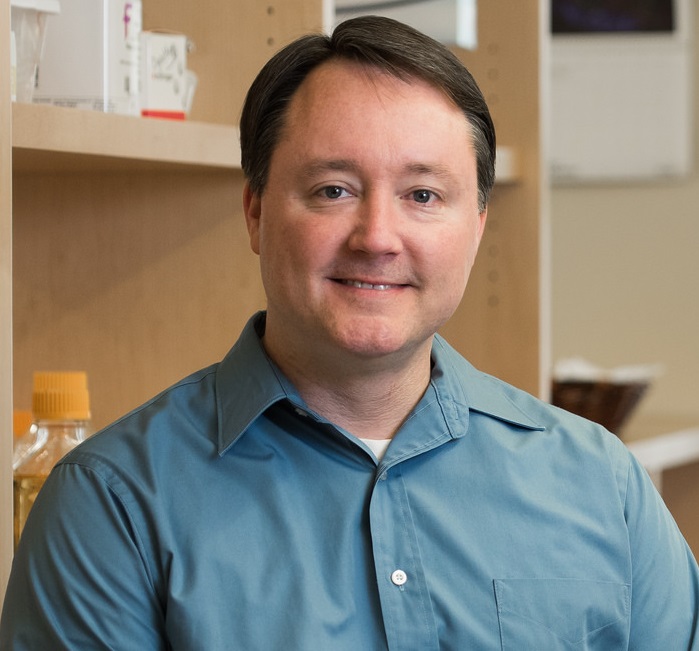Dr Aric Rogers, Ph.D. (USA)
Dr. Aric Rogers is Associate Professor of Regenerative Biology and Medicine at MDI Biological Laboratory. He was born and grew up near Seattle, Washington. He received his PhD in Molecular and Cellular Biology specializing in mammalian immunology from the University of Massachusetts Amherst. In 2005, he began postdoctoral research at the Buck Institute for Research on Aging under the guidance of Dr. Pankaj Kapahi. His studies focused on adaptive mechanisms responsible for lifespan extension when mRNA translation is genetically attenuated. He discovered that restricting nutrient-responsive translation, while reducing total protein synthesis, enhanced relative translation rates of pro-longevity genes. Furthermore, he showed that some of these longevity factors were required for increased lifespan when translation is restricted.
In 2013, he started his own lab at the MDI Biological Laboratory, using the small roundworm C. elegans to study how gene expression is remodeled under conditions that extend lifespan, particularly at points of regulation that occur after transcription. Genetic variations and environmental conditions that result in lifespan extension are also associated with delaying the onset of age-related diseases including diabetes, cancer, and neurodegeneration. The goal of his lab is to understand how life-extending interventions work across different species and apply what is learned to extend human health and longevity. Current research projects are focused on understanding how environmental changes, such as exposure to physical stress or nutrient restriction, remodel post-transcriptional gene expression as part of an evolutionarily conserved adaptive response to increase survival. This is key to understanding how interventions like dietary restriction or genetic attenuation of translation increase lifespan and organismal health.
Dr. Aric Rogers is Associate Professor of Regenerative Biology and Medicine at MDI Biological Laboratory. He was born and grew up near Seattle, Washington. He received his PhD in Molecular and Cellular Biology specializing in mammalian immunology from the University of Massachusetts Amherst. In 2005, he began postdoctoral research at the Buck Institute for Research on Aging under the guidance of Dr. Pankaj Kapahi. His studies focused on adaptive mechanisms responsible for lifespan extension when mRNA translation is genetically attenuated. He discovered that restricting nutrient-responsive translation, while reducing total protein synthesis, enhanced relative translation rates of pro-longevity genes. Furthermore, he showed that some of these longevity factors were required for increased lifespan when translation is restricted.
In 2013, he started his own lab at the MDI Biological Laboratory, using the small roundworm C. elegans to study how gene expression is remodeled under conditions that extend lifespan, particularly at points of regulation that occur after transcription. Genetic variations and environmental conditions that result in lifespan extension are also associated with delaying the onset of age-related diseases including diabetes, cancer, and neurodegeneration. The goal of his lab is to understand how life-extending interventions work across different species and apply what is learned to extend human health and longevity. Current research projects are focused on understanding how environmental changes, such as exposure to physical stress or nutrient restriction, remodel post-transcriptional gene expression as part of an evolutionarily conserved adaptive response to increase survival. This is key to understanding how interventions like dietary restriction or genetic attenuation of translation increase lifespan and organismal health.
